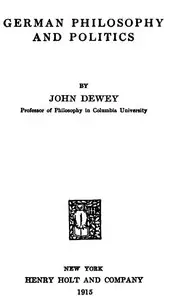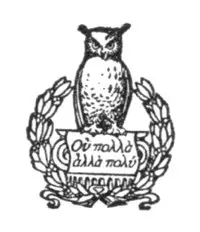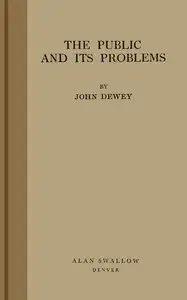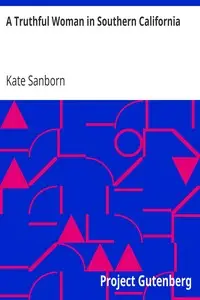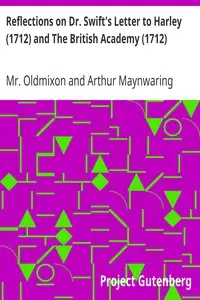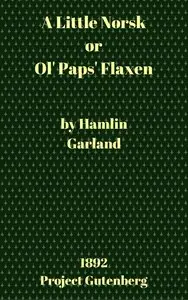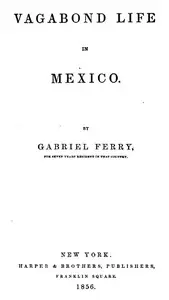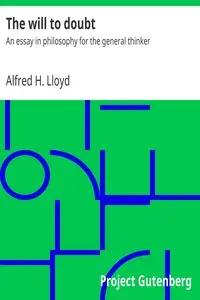"Essays in Experimental Logic" by John Dewey is a philosophical work written in the early 20th century. The text delves into the intricacies of logic and thought, attempting to bridge the gap between intellectual processes and the experiences that inform them. At its core, the book argues for an understanding of knowledge as an experiential and experimental endeavor, underscoring how reflection and inquiry play essential roles in shaping human understanding. The opening of the essays presents an introduction to Dewey's foundational ideas. He emphasizes the relationship between experience and knowledge, positing that knowledge arises from reflection upon a prior, non-reflective stage of experience that is rich in social and contextual elements. Dewey argues that thinking should not be viewed as an isolated mental activity but rather as an integral part of our active engagements with the world. Moreover, he seeks to clarify misconceptions surrounding the relationship between thought and the objects of knowledge, insisting on the importance of grounding philosophical discussions within real-world experiences. This sets the stage for later essays that further explore the dynamics of logic and inquiry in shaping both individual understanding and collective knowledge. (This is an automatically generated summary.)
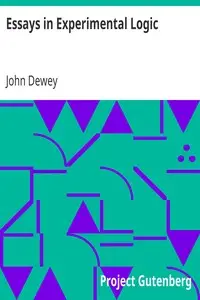
Essays in Experimental Logic
By John Dewey
"Essays in Experimental Logic" by John Dewey is a philosophical work written in the early 20th century. The text delves into the intricacies of logic ...
Genres
Released
2012-09-19
Formats
epub (images)
epub3 (images)
mobi (images)
epub
mobi
Free Download
Overview
About the Author
John Dewey was an American philosopher, psychologist, and educational reformer. He was one of the most prominent American scholars in the first half of the twentieth century.
Total Reviews
10.0k
Total reviews from Goodreads may change

